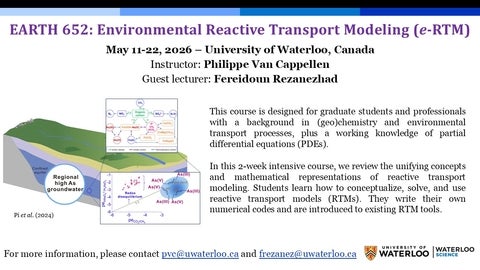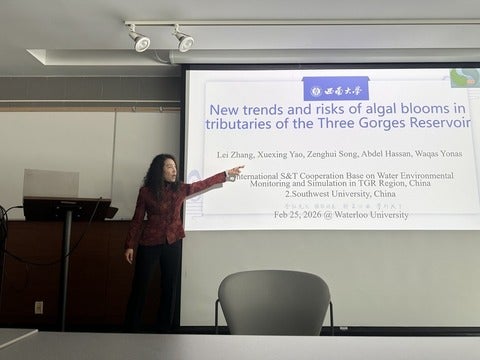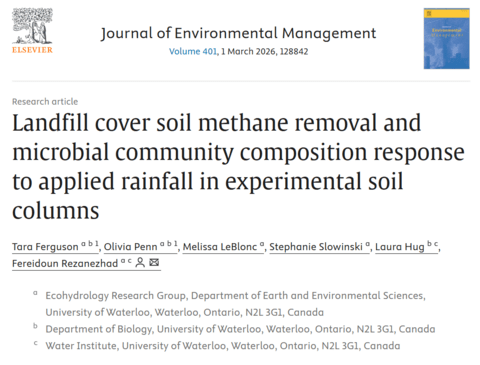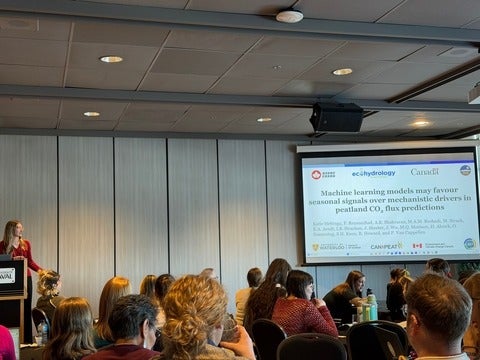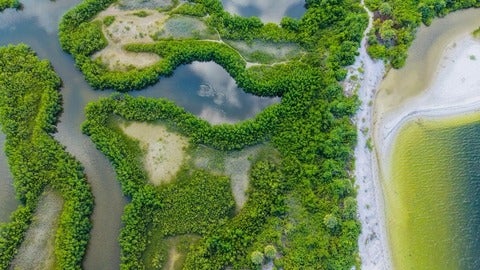Integrating Environmental Water Research Across Multi Scales and Disciplines
Water is our most precious natural resource. All human activities, from agriculture and industrial processes to domestic uses, depend on water of sufficient quantity and quality. This is also true for natural ecosystems. In contrast to highly visible water quantity stressors, such as flash floods and prolonged droughts, changes in water quality are often more gradual and more difficult to detect, and their cumulative impacts more difficult to predict and manage. Water quality deterioration, however, poses more pervasive and chronic risks to the economy, human health and the ecological life-support systems of the planet.
Water quality degradation is a global phenomenon. In Canada, for example, harmful and nuisance algal blooms are a persistent problem for many freshwater bodies, including the iconic Laurentian Great Lakes, while many of our First Nations communities still live under drinking water advisories. Globally, awareness is also growing that climate change adaptation must be an integral part of planning and implementing effective water management policies and practices.
For general inquires about the Ecohydrology Research Group, please email ecohydrology@uwaterloo.ca.
News
Ecohydrology Seminar Series: Dr. Lei Zhang
Yesterday, Lei presented a talk entitled "New trends and risks of algal blooms in tributaries of the Three Gorges Reservoir" as part of the Ecohydrology Seminar Series. Thank you to Lei for the excellent talk! We all had a great time.
New publication on soil column incubation experiments that mimic landfill methane hot-spots
Undergraduate students Tara Ferguson, Olivia Penn and Melissa LeBlonc co-author the paper with co-Principal Investigator Fereidoun Rezanezhad and Principal Investigator Laura Hug in Journal of Environmental Management.
Fereidoun and Katie attend the 2026 Peatland Science Symposium
The peatland science symposium held jointly by Can-Peat and the Peatland Ecology Research Group (PERG) took place on February 18th in Quebec City and featured presentations from students, researchers, and industry partners.
Events
EARTH 652: Reactive Transport Modeling (e-RTM)
From May 11 to 22, 2026, Philippe Van Cappellen and Fereidoun Rezanezhad will offer EARTH 652: Reactive Transport Modeling at the University of Waterloo.
International Workshop on Ecohydrogeology
On July 20 and 21, 2026, we will host an International Workshop on Ecohydrogeology at the University of Waterloo.
